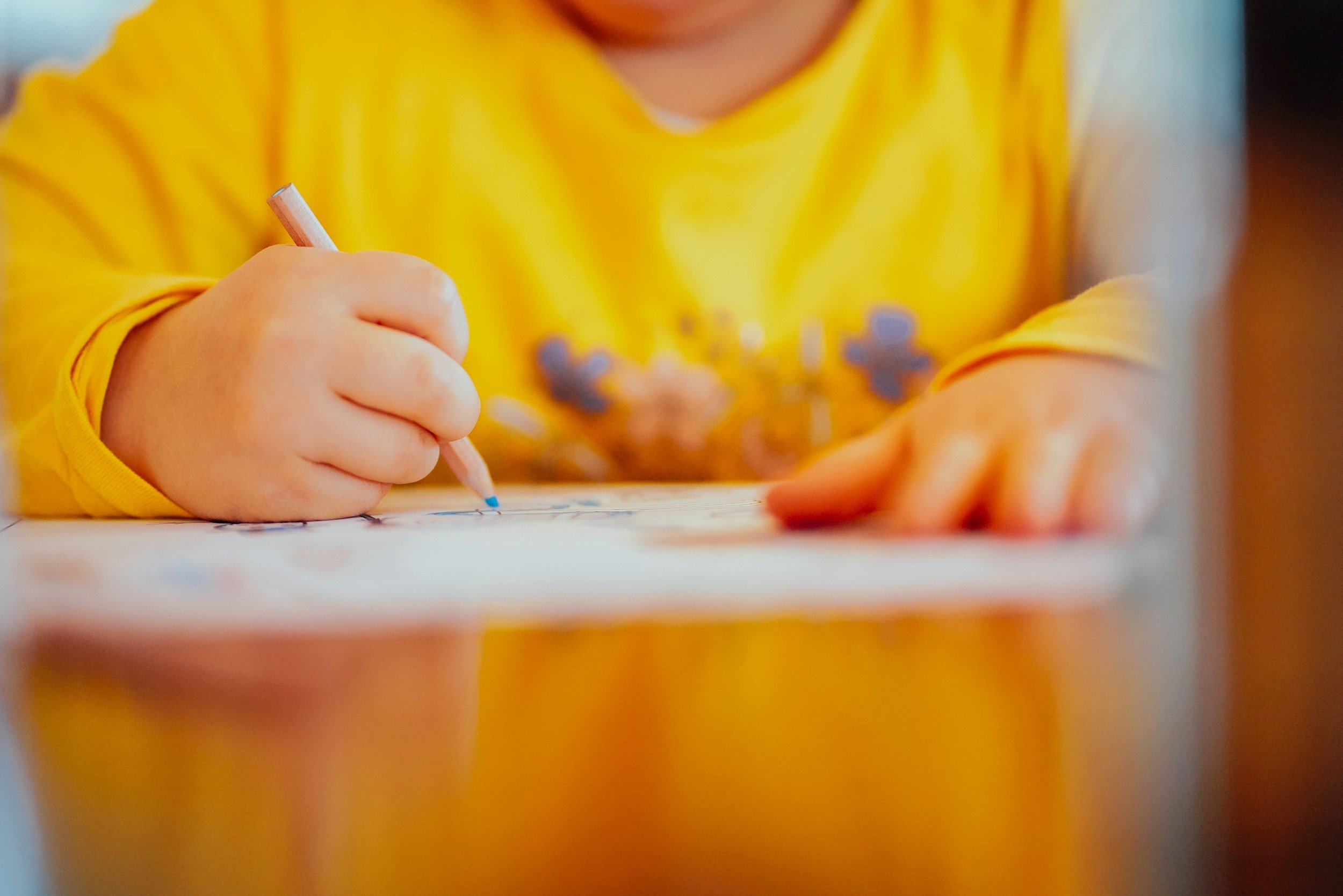
About INPP
INPP has pioneered research into the impact of neuromotor immaturity on learning and behaviour.
The Institute for Neuro-Physiological Psychology (INPP) offers a ground breaking approach to addressing learning difficulties, behavioural issues, and developmental challenges in children and adults.
Our method identifies and mediates underlying physical factors—specifically persistent primitive reflexes—that can impede a person’s natural development.
Every child is born with a set of reflexes that should be integrated within the first year of life. If these reflexes persist beyond infancy, they can disrupt motor development, visual functioning, hand-eye coordination, and perceptual skills, ultimately creating barriers to learning.
Neuromotor immaturity can also contribute to behavioural challenges such as concentration difficulties, frustration, poor impulse control, and underachievement.
The INPP Method is designed to identify the underlying causes and provide a drug-free, non-invasive programmes, helping children overcome these challenges and equipping them with the tools to succeed.
Through our clinically proven, drug-free programme of specialised physical exercises, we help children and adults overcome barriers to learning, improving coordination, concentration, and academic performance.
For over 45 years, INPP has transformed the lives of thousands of children and adults worldwide, giving them the neurological foundations they need to reach their full potential.
Neuro-Developmental Research
The INPP Method is based on over 45 years of pioneering research, expertise and practice investigating physical factors underlying neuro-developmental, learning and behavioural problems in children and adults.
Our Expertise
Specialists in identifying and influencing physical factors underlying specific learning difficulties, under-achievement and behavioural problems.
INPP has been researching the effects of neuro-motor immaturity on learning and behaviour since 1975, helping many thousands of children and adults worldwide through our drug-free, non-invasive approach.
The science behind our method.
Every child is born with primitive reflexes ("survival reflexes") that should be integrated or transformed into postural reflexes during the first year of life. When these reflexes persist beyond this critical period, they can:
Interfere with motor development
Affect visual functioning needed for reading
Impact eye-hand coordination required for writing
Disrupt perceptual skills development
Create barriers to learning
Lead to behavioural challenges including concentration difficulties and poor impulse control
How the INPP programme works
The INPP Method involves daily physical exercises based on natural movements made during the first year of life. These specially designed movements help to:
Integrate persistent reflexes
Improve balance and posture
Enhance coordination
Develop better eye movement control
Support overall development and school progress
Just 5-10 minutes a day can make a significant difference in a child's development.
Our approach
Following a detailed assessment, each person receives an individual programme of exercises to perform at home under supervision. The programme typically:
Takes only 5-10 minutes daily
Continues for approximately one year
Includes progress reviews every 6-8 weeks
Features exercises adapted according to progress
Emphasizes regularity, repetition, and duration for optimal results
The Children and adults we work with include those experiencing
Specific Learning Difficulties
Dyslexia
Autistic Spectrum Disorders
Developmental Coordination Disorder (Dyspraxia)
Attention Deficit Disorder (ADD)
Underachievement
Reading and Handwriting challenges
Co-ordination Problems
Balance-related difficulties
Hand-eye coordination issues
Clumsiness
Dysfunction of Attention, Motor, and Perception (DAMP)
Swimming difficulties
Behavioural
Problems
Attention challenges
Concentration difficulties
Poor impulse control
Bedwetting
Emotional
Difficulties
Overwhelm
Anxiety
Depression
Our Commitment
INPP provides a completely drug-free and non-invasive movement-based programme that helps children integrate their reflexes and equips them with the tools needed to succeed. Our proven track record demonstrates effectiveness in addressing challenges associated with reading, writing, dyslexia, developmental coordination disorders, educational underachievement, and behavioural problems.


